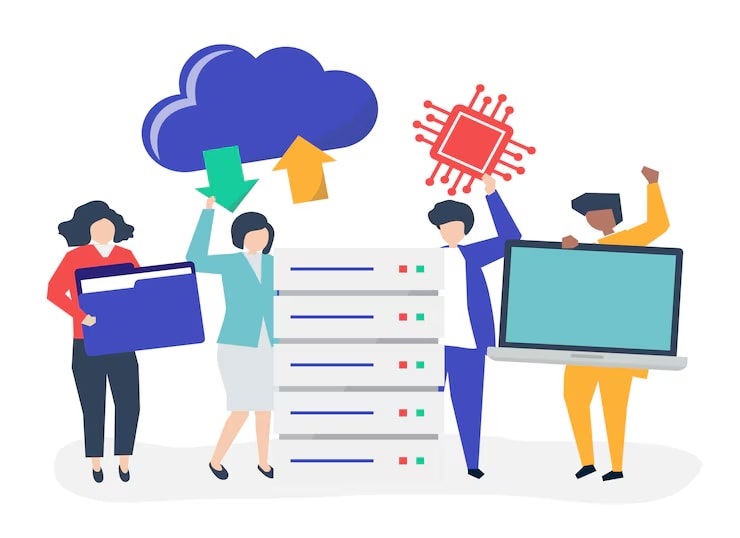Service Detail

Systems Integration
System integration is the process of connecting and combining different systems, software, and hardware to function as a cohesive, unified whole, enabling seamless data flow and communication.
Key Features:
Enterprise Application Integration (EAI): Connecting various enterprise applications to facilitate data exchange and process automation.
Data Integration (DI): Combining data from multiple sources into a unified view.
Electronic Data Interchange (EDI): Facilitating electronic exchange of business documents between organizations.
Legacy Systems Integration: Connecting older systems with newer ones to extend their lifespan and avoid costly replacements.
Partner Integrations: Connecting with suppliers, customers, and business partners to share data and features.
Benefits:
Increased Efficiency: Streamlined data flow and automated processes reduce manual tasks and errors, leading to improved efficiency.
Enhanced Data Accessibility: Integrated systems provide a centralized view of data, making it easier for users to access and analyze information from various sources.
Improved Decision-Making: Consolidated data and insights enable better informed decisions and strategic planning.
Better Collaboration: Seamless communication between systems fosters collaboration and a unified business approach.
Reduced Costs: Automation and streamlined processes can lead to significant cost savings.
